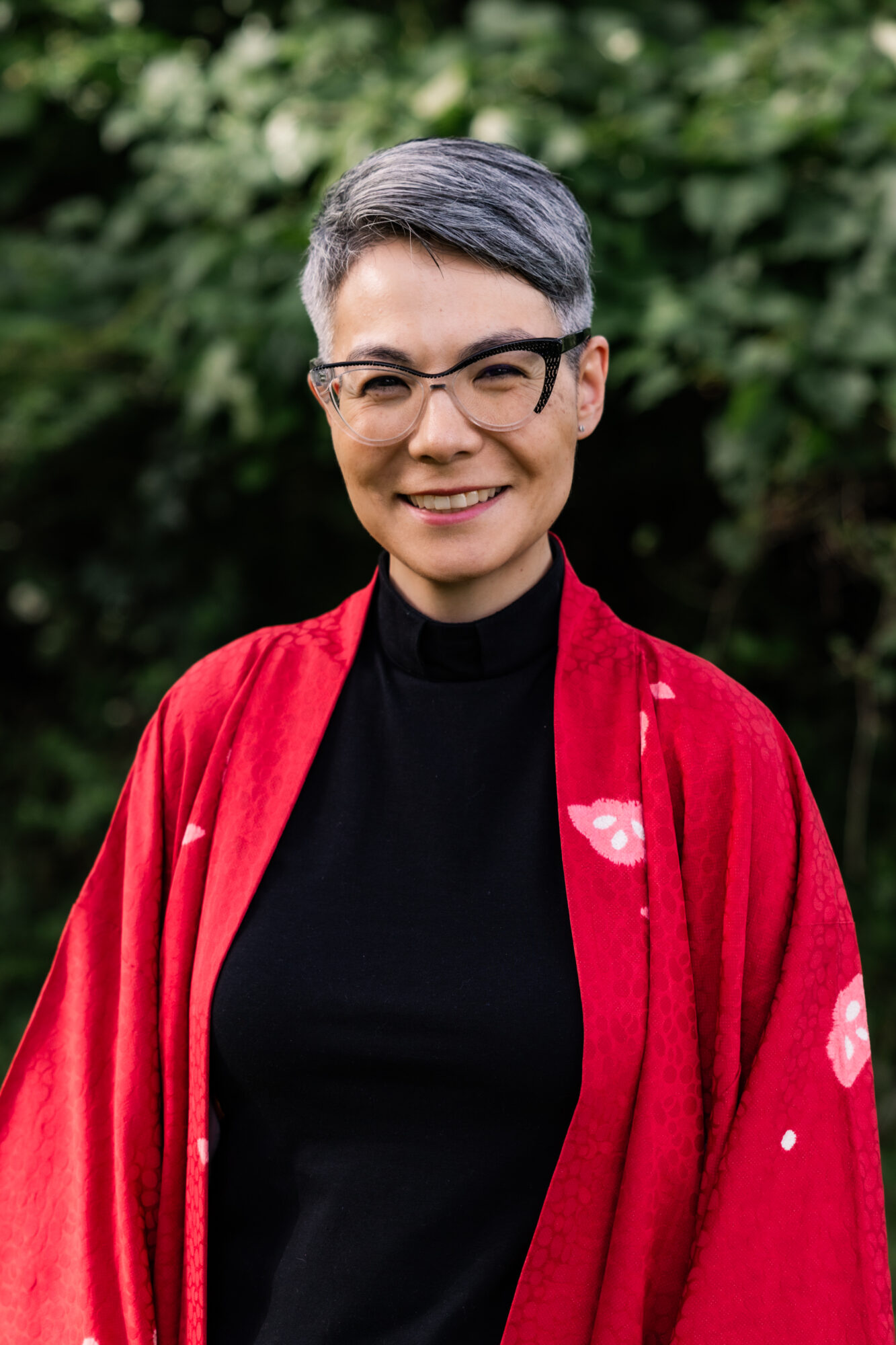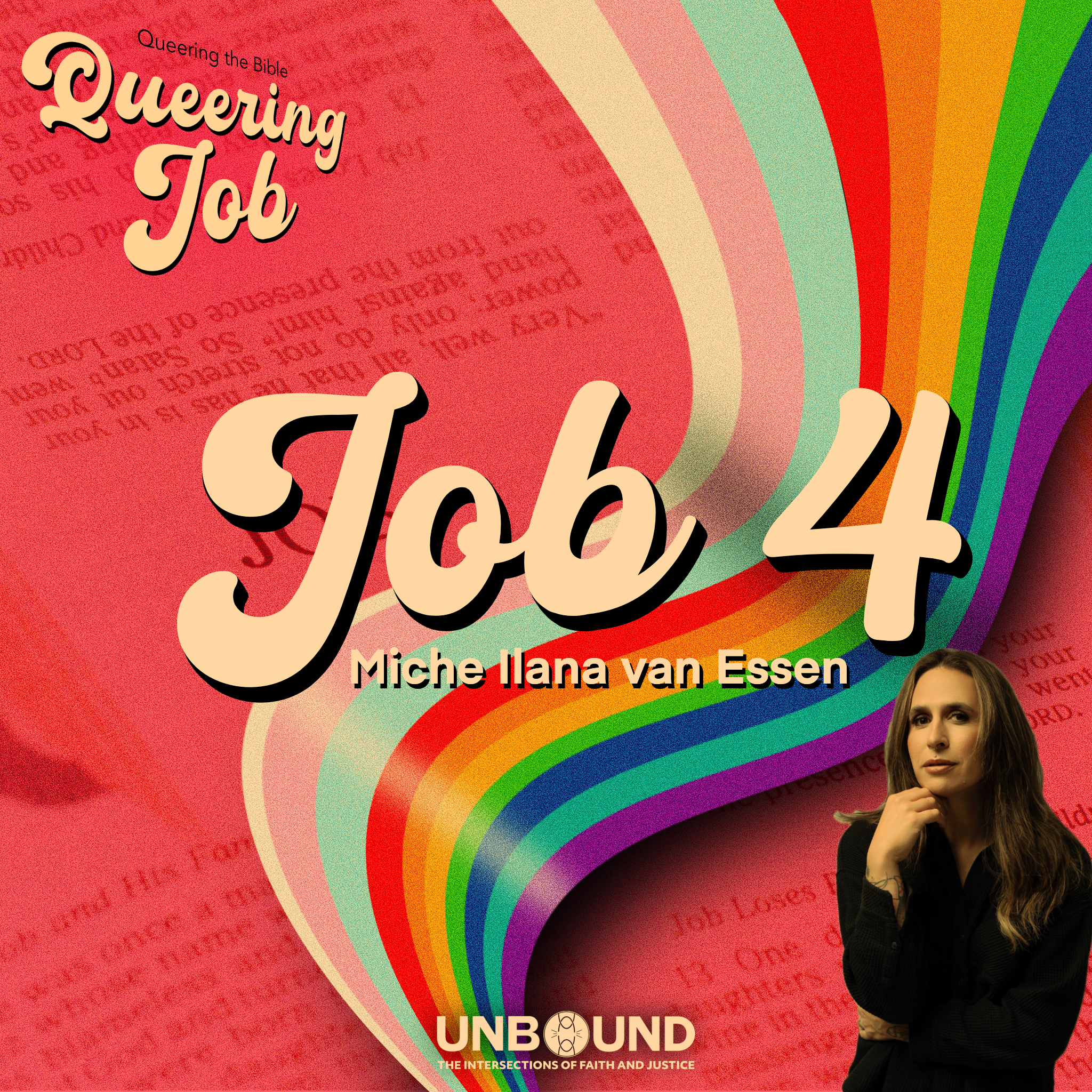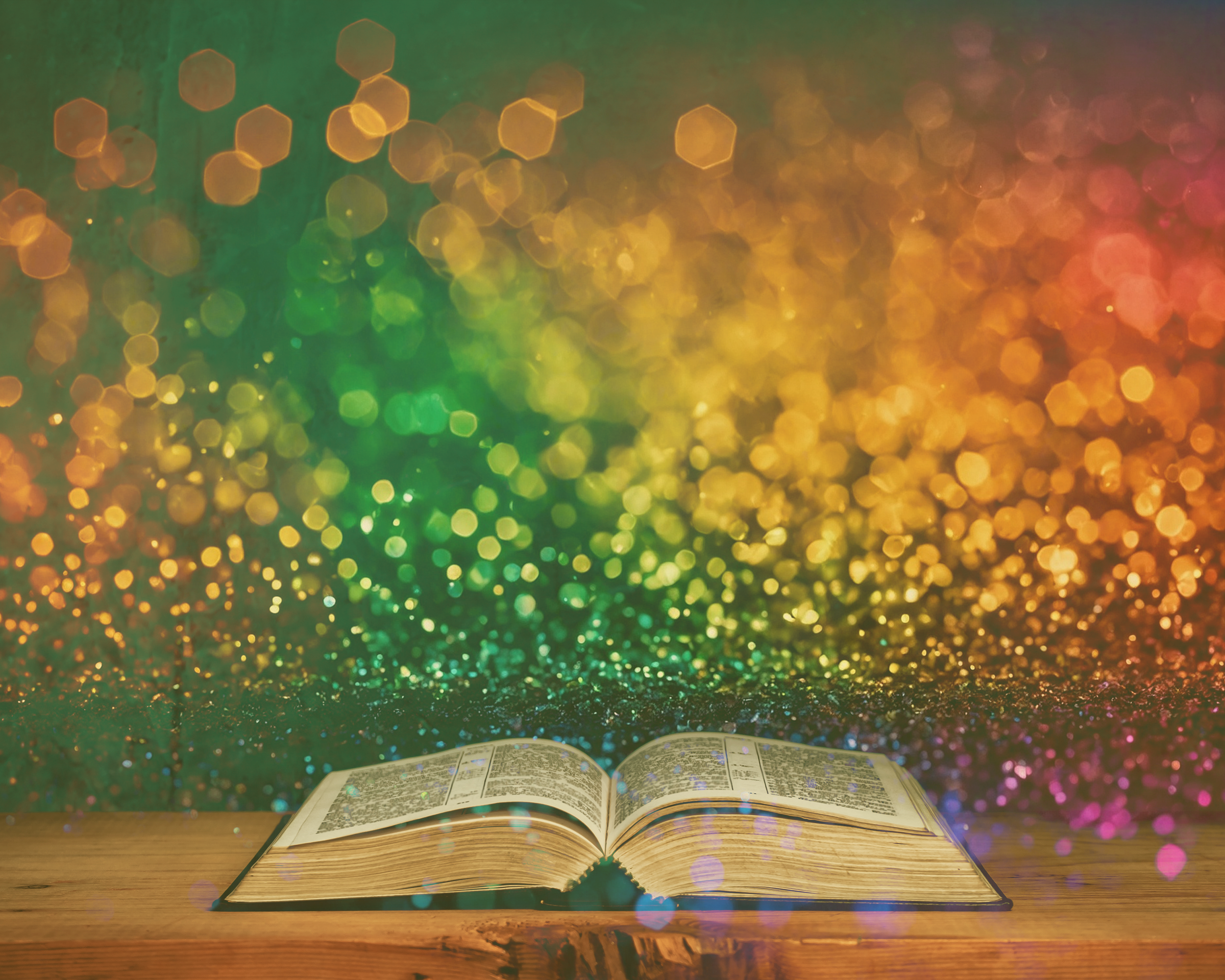“I loathe my life;
I will give free utterance to my complaint;
I will speak in the bitterness of my soul.
2 I will say to God, ‘Do not condemn me;
let me know why you contend against me.
3 Does it seem good to you to oppress,
to despise the work of your hands
and favor the schemes of the wicked?
4 Do you have eyes of flesh?
Do you see as humans see?
5 Are your days like the days of mortals
or your years like human years,
6 that you seek out my iniquity
and search for my sin,
7 although you know that I am not guilty,
and there is no one to deliver out of your hand?
8 Your hands fashioned and made me,
and now you turn and destroy me.[a]
9 Remember that you fashioned me like clay,
and will you turn me to dust again?
10 Did you not pour me out like milk
and curdle me like cheese?
11 You clothed me with skin and flesh
and knit me together with bones and sinews.
12 You have granted me life and steadfast love,
and your care has preserved my spirit.
13 Yet these things you hid in your heart;
I know that this was your purpose.
14 If I sin, you watch me
and do not acquit me of my iniquity.
15 If I am wicked, woe to me!
If I am righteous, I cannot lift up my head,
for I am filled with disgrace
and look upon my affliction.
16 Bold as a lion you hunt me;
you repeat your exploits against me.
17 You renew your witnesses against me
and increase your vexation toward me;
you bring fresh troops against me.[b]
18 “ ‘Why did you bring me forth from the womb?
Would that I had died before any eye had seen me
19 and were as though I had not been,
carried from the womb to the grave.
20 Are not the days of my life few?[c]
Let me alone, that I may find a little comfort[d]
21 before I go, never to return,
to the land of gloom and deep darkness,
22 the land of gloom[e] and chaos,
where light is like darkness.’ ”
Job cries out to God, and is so very relatable. He has lost children, animals, household members, wealth, status, and health. And his cries feel somehow familiar. For all the times that God feels so close to us, in the holy and beautiful moments, we also feel as though God has turned away from us, or worse, watches as we face the erasure of the work of our elders and devaluing of the lives of our young queer community.
When the president of the country attacks a transgender child who dares to engage in sports like all the the other kids, and the Department of Defense plans to rename the USNS Harvey Milk during Pride Month because it is named after veteran and prominent gay civil rights icon Harvey Milk, who was assassinated while serving in public office in San Francisco, it feels fitting to join Job in crying out to God, as he does in verse 3, “does it seem good to you to oppress, to despise the work of your hands and favor the schemes of the wicked?” Despite being “fearfully and wonderfully made,” beloved of God, claimed in baptism, here we are, members of the LGBTQIA+ community, under attack from our own government, funded by our tax dollars.
We know book bans, gender affirming health care bans, disruptions to education, denial of basic employment protections. We know housing and employment discrimination. Most of us Presbyterian folk remember the often-painful arguments in sessions, on the floor of presbytery and at the General Assembly, about whether or not out, queer people could or should be pastors, or whether we could be allowed to marry same sex couples without the fear of prosecution. This era feels like a throw back to when our very being was considered wrong, when those who proclaimed their openness by saying they couldn’t judge another’s sin, as though our beings were sinful instead of created by God. Job declares “If I sin, you watch me and do not acquit me of my iniquity” (v.14).
We used to have a dog with an adrenal disorder. She was always looking for a fight, or trying to hide somewhere, because she was getting the wrong messages from her own body’s chemicals. And that’s what it can be like for us – always hyped up on the adrenaline of feeling under threat, unable to rest. It is its own form of persecution,
We were created this way, and this way has made us a target of small-minded people with outsized influence. We are mindful of those even more vulnerable than ourselves, those members of the queer community seeking asylum, who are refugees and immigrants, now being openly hunted by government agents. We want justice for Andry Jose Hernandez Romero.
Worst of all, many in our community have internalized the disdain and bigotry swirling around them, in their families or religious communities or in the culture at large. Too many of our youth consider verses 18b and 19: “Would that I had died before any eye had seen meand were as though I had not been, carried from the womb to the grave.” Children in our community are particularly vulnerable to depression and attempted suicide. Calls to a hotline for LGBTQ+ mental health services went up exponentially after the November 2024 election.
Our community is familiar with internalized shame and hatred, the deadly legacy of bad theology, high-control family systems, bigoted biblical interpretation, and social media companies who make more money from anger than from positive emotions. Too many were told by those who raised them and who formed them in their faith that their being was wrong. In verse 17, Job says “you renew your witnesses against me and increase your vexation toward me, you bring fresh troops against me.” Sometimes I say to people that our rights peaked in 2013, when the Defense of Marriage Act was overturned, and the Voting Rights Act was gutted, marking a downturn in voting rights and access. The hate and bigotry just seem relentless.
But there are glimmers in this passage and around us that lead me to believe not all is lost. You see, there are always those among us who do not internalize the shame and fear that have devalued our community from the inside out. Once it became very clear to me that I am queer, I never felt badly about it. I was never taught, somehow, that queer people were somehow wrong, despite picking up wisps of evangelical culture infiltrating my otherwise liberal mainline upbringing that we shouldn’t have premarital sex, or we shouldn’t use ouija boards. I just knew that the church at the national level, and many around me, weren’t great about queerness, even though lots of church people clearly were, and my home church didn’t blink an eye at the trans woman who was an integral part of the membership.
In the deep darkness, in the chaos, is where movements were born. Queer communities created rituals external to the institutions to which we only recently gained access and from which some of us have finally gained approval, or at least tolerance of our existence, and created movements of our own, even as others of us organized within institutions for a more just world. We bring before God the evidence of God’s love for us. In verse 8, 11-12 “Your hands fashioned and made me, You clothed me with skin and flesh and knit me together with bones and sinews. You have granted me life and steadfast love, and your care has preserved my spirit.”
But the movements that threaten us are largely composed of people who’ve been had, falling for the oldest divide and conquer in the book. Lest we forget, in the midst of our despair and fear, we actually have seen changes in attitudes toward gay and lesbian people (toward increased acceptance and increased support for marriage equality) and toward transgender people (toward increasing intolerance, turned effectively into a weapon for the 2024 presidential election). We have ancestors in this community who were fearless in the face of open oppression, who made our ability to queer the Bible in public a possibility.
One of the tenets of the school of community organizing that I learned was “there are no permanent enemies.” Organizer Saul Alinsky created an ethos around the idea that it is the interests that are permanent, not the alignments or the enemies. Enemies are useful as an impetus for change, but they are not forever. You may have noticed in some movements that protesters and advocates will call out to the enforcement officers, appealing to their humanity.
As Christians, we come together around the permanent interests of loving all humanity, driven by the love of community and all creation. It is love that drives us to ask God these hard questions, as Job did:
“You bring fresh troops before me”
“Why did you bring me forth from the womb?”
We must, for ourselves, for those we have lost, name reality, engage in lament. God is, after all, big enough to handle our accusations.
I recently had a theological disagreement at an event, where a church member declared that God must not be anywhere around us right now because God wouldn’t let all these bad things things happen, and God will intervene so it will all work out.
I thought this was so interesting, as I am a few decades younger and have seen less, but I think that it’s possible for God to accompany us in the depths, which is probably related to me not seeing God as a candy dispenser who shows up on command in the way I would like God to. God is with us even when we are being persecuted. Job lashed out at God during his time of suffering because God was right there with him. I always say God is big enough for us to question, become angry, even lash out.
To read Job from a queer lens, in a queer body, in this day and age, is to have seen rights granted while the entire fabric is torn up beneath our feet, to know we are lovingly created, while being blamed for the decline of the church and in the morals of society, to have the confidence in our relationship and our belovedness to push back and make demands. “Your care has preserved my spirit” and we have the spirits of fighters and lovers and family. In all this, we are loved.
Watch the Queering Job Writer Interview with Rev. Laura Mariko Cheifetz here.

The Reverend Laura Mariko Cheifetz serves as the Transitional Executive Presbyter of the Presbytery of San Francisco. A biracial Asian American queer ordained minister in the Presbyterian Church (USA), she has served previously in racial and gender justice advocacy, religious publishing, reproductive justice, and theological education in the Midwest, East, and Southeast. Born in San Francisco, raised in eastern Oregon and western Washington, she is a double “pastors’ kid.” Laura is a graduate of North Park University (MBA, ’11), McCormick Theological Seminary (M.Div. ’05), and Western Washington University (BA in Sociology, 2000). She is the co-author and editor of “Church on Purpose: Reinventing Discipleship, Community, & Justice” (Judson Press) and co-editor and contributor to “Race in America: Christians Respond to the Crisis” (Westminster John Knox Press), and a contributor to the documentary series “Trouble the Water: Conversations to Disrupt Racism and Dominance.” She serves on the advisory team for Presbyterian Disaster Assistance and the board of PANAAWTM (Pacific Asian North American Asian Women in Theology & Ministry).



Unbound Social